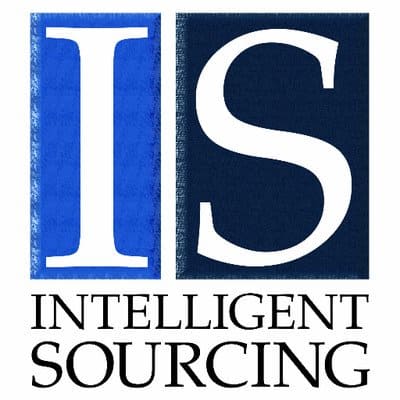In the News
Impact Sourcing Special Report 2022 | In the News

Individuals from marginalized communities who are typically excluded from employment represent a massive potential workforce. These include people with disabilities, older workers, those living in remote, isolated, or depressed areas, or lack access to education. Forward-thinking companies tapping into this talent pool through the strategy of impact sourcing realize its substantial benefits, including stable and engaged employees, long-term cost savings, and social impact.
“When we talk about the labor shortage, there are a huge amount of people left out of the statistics,” said Rita Soni, Principal Analyst at Everest Group. “The conversation about diversity, equity, inclusion, and belonging (DEIB) can shift when we talk about impact sourcing.”